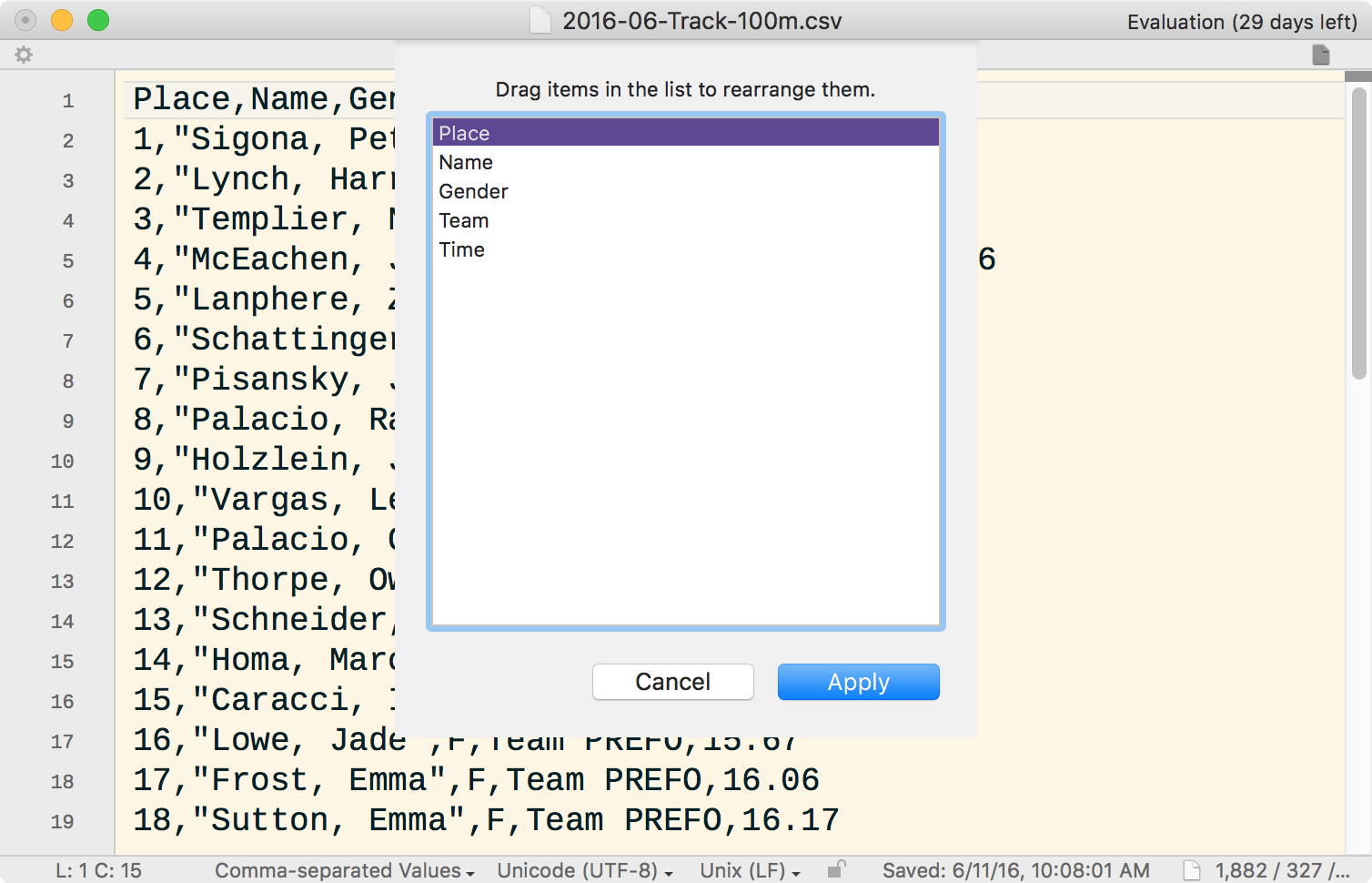

It has multiple cursor support for those of us who like that, and a “mini map” view for those of you who like that, although know that you are wrong. “Open Quickly” can jump to any file in the open project, as well as search by symbols or just symbols in currently open files it has a command palette you can comprehensively edit keybindings. Like VS Code, Nova uses JavaScript for its extension API, and it has built-in Language Server Protocol support-it’s a superbly solid foundation.īeyond that, some smaller features have become table stakes for modern GUI editors, and Nova handles them with aplomb. Nova has a serviceable Git client built in, too. You can associated servers, tasks, and more with individual projects Nova’s project settings are considerably more comprehensive than I’ve seen in other editors. Nova has a task workflow system for automating building and running. In fact, if you have Transmit and use Panic Sync, it knows all of those servers out of the box. Nova has an integrated terminal and an integrated SSH client, and even an integrated file transfer system based on Panic’s Transmit. They may not come up often, but almost every programmer has one stupid huge file to deal with.

Panic wrote their own text editing engine for Nova, which is brave, but it needs more tuning for pathological cases like these.
#Bbedit vs paid code#
This is something BBEdit and VS Code can do without complaint.

This may sound like a silly test, but in my day job I’m occasionally stuck editing an 80,000-line JSON file by hand (don’t ask). This isn’t just the ridiculous 109MB, nearly 450,000-line SQL file I threw at it once, it’s also with a merely 2MB, 50,000-line SQL file, and Nova’s offer to turn off syntax highlighting in both files didn’t help it much. With stupid huge files its performance drops noticeably, though. Nova is a pretty editor, as far as such things go, and with files of relatively reasonable size it’s fast. And, I’m going to compare it to the GUI editors that I’ve been using recently: BBEdit, Sublime Text, and VS Code. I’ve reported some bugs, although I may mention a couple here that I didn’t catch until after 1.0’s release. I’ve been using Nova off and on in beta for months. At this point, I suspect nothing will pull me away from BBEdit for technical writing, but for programming I’m open to persuasion. When the Godot-like wait for TextMate 2.0 became unbearable, I wandered the text editing wilderness, eventually splitting my loyalties between BBEdit, Sublime Text, and more recently VS Code. When I was a web programmer, I was one of many who moved to TextMate, and used it for everything for a while.
#Bbedit vs paid full#
Also, BBEdit’s language modules don’t support extending one another, making it effectively impossible to do full highlighting for a templating language like JSX or Jinja. My suspicion is that BBEdit’s lack of an integrated package manager has hurt it here.

When it comes to editing code, though, BBEdit lags behind. The editor that works best for me in tech writing is the venerable BBEdit. I’m an unusual case as far as text editor users go: my primary job is technical writing, and the last three jobs that I’ve worked at have a “docs as code” approach, where we write documentation in Markdown and manage it under version control just like source code. Is there enough of an advantage to a native editor over both old school cross-platform editors like Emacs and explosively popular new editors like Visual Studio Code to persuade people to switch?
#Bbedit vs paid mac#
Panic, the long-established makers of Mac utility software, seems fully aware that introducing a new, commercial code editor in 2020 is a quixotic proposition.


 0 kommentar(er)
0 kommentar(er)
